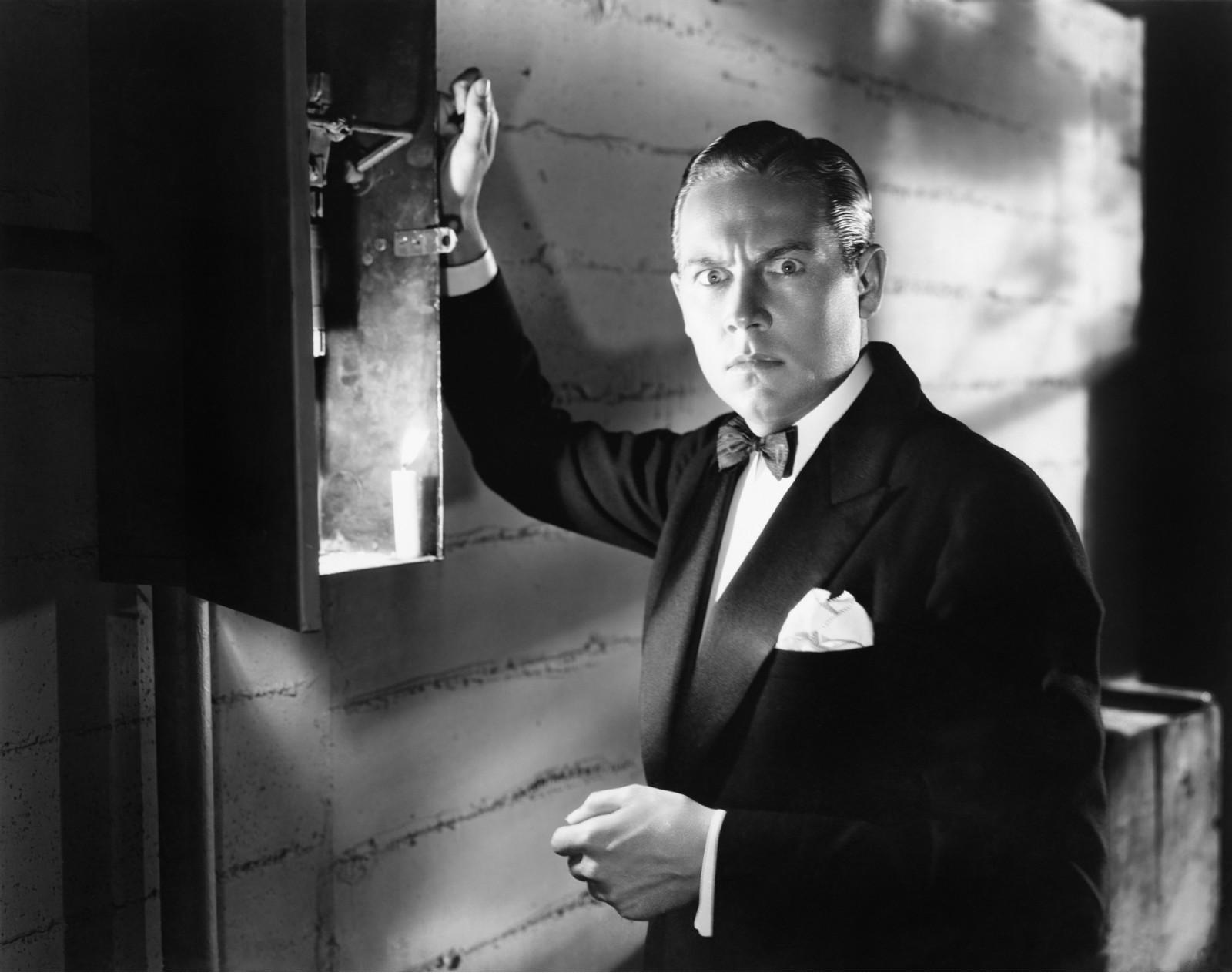We explain the Unholy Trinity of Macroeconomics

How the policy move today is rooted in macroeconomic reality: ECON 101 teaches us that it is impossible for a government to pursue fundamental policy to simultaneously (1) maintain the freeflow of capital, (2) hold fixed FX rates, and (2) maintain an independent monetary policy — what known as the Trilemma or, more aptly, Unholy Trinity of Macroeconomics.
What is this Unholy Trinity? Investopedia explains this by saying “a country can choose to fix exchange rates with one or more countries and have a freeflow of capital with others,” but this means “interest rate fluctuations would create currency arbitrage, stressing the currency pegs and causing them to break.”
Keeping the gates open: In reality, policy can’t be classified so neatly, so what the CBE moved to do is maintain an element of control over FX at a higher rate, while protecting the movement of capital to ensure the continued flow of funds into and out of the country.
The openness of capital markets signals that Egypt remains open for investment, the carry trade is profitable, and preserves our access to international markets. Domestic financial markets are buoyed by portfolio investment and direct foreign investment support growth-oriented policies. This makes sense right now given the new realities of higher interest rates, commodity price shocks, and our continued domestic investment in infrastructure, and trend of expansionary fiscal policy in general following the measures taken to combat the economic effects of covid.